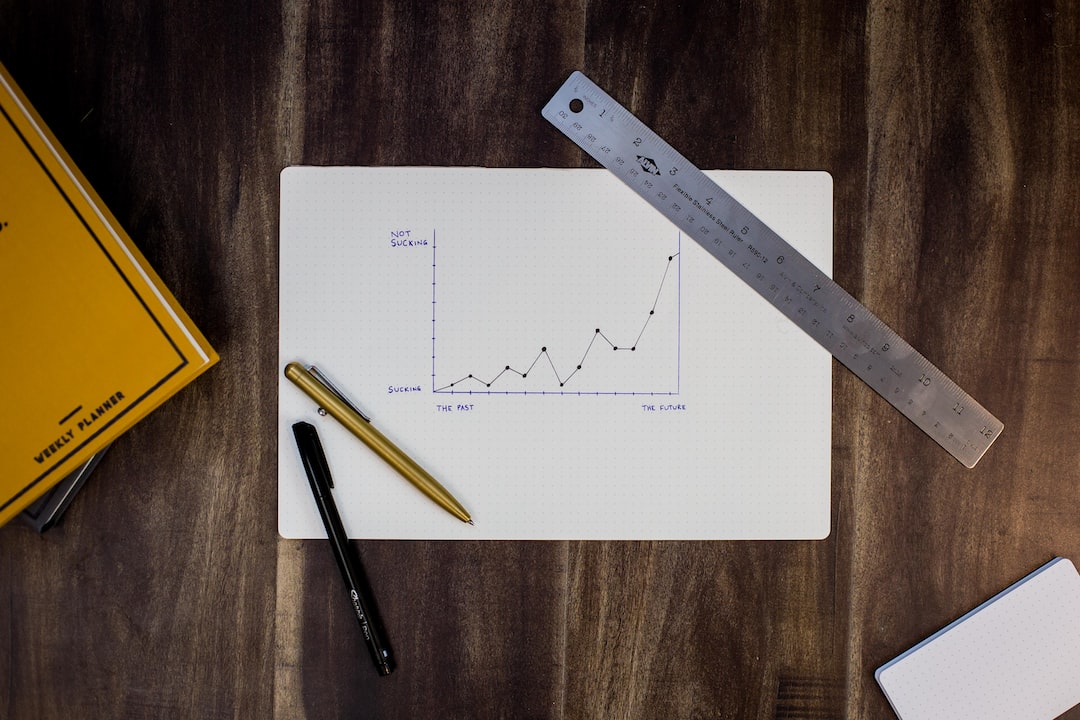The Impact of Inflation on Your Personal Finances
Inflation is inevitable in any economy, and its impact can be felt by individuals at varying degrees. While a moderate inflation rate is essential for facilitating economic growth, high inflation can significantly affect your personal finances. Understanding how inflation influences your financial well-being is crucial for making informed decisions and adapting your strategies to mitigate its effects.
One of the most apparent ways that inflation affects individuals is through the rising prices of goods and services. As inflation increases, the purchasing power of your money decreases. This means that you will need to spend more money to purchase the same goods and services you used to buy for less. For example, the price of groceries, housing, and healthcare services may continue to rise each year, making it increasingly difficult to afford them.
Inflation can also impact your savings and investments. If you have funds stored in a savings account or fixed-rate investments, the real value of your money will decrease over time as inflation erodes its purchasing power. For instance, imagine you have $10,000 saved in a bank account earning 2% interest per year. Even though your balance will increase due to interest, if the rate of inflation is 3%, you will still lose purchasing power over time as your money won’t grow enough to keep pace with rising prices.
On the other hand, inflation can benefit those who have borrowed money. If you have a fixed-rate loan, such as a mortgage or personal loan, inflation works in your favor. As prices rise, the amount of money you owe becomes less valuable in comparison. This means that over time, you are paying back your debt with money that has less purchasing power. For instance, if you borrowed $200,000 to buy a house, inflation will gradually decrease the real value of that debt, making it easier to pay off in the long run.
Another way inflation can impact your personal finances is through wage stagnation. Inflation can push up the cost of living, while your salary remains the same. This wage stagnation can leave you feeling squeezed financially, as your purchasing power diminishes over time. To combat this, it is important to try to increase your income through negotiations, promotions, or acquiring new skills that can make you more marketable and eligible for a higher paying job.
To shield your personal finances from the impact of inflation, there are a few strategies you can consider. Firstly, investing in assets that tend to increase in value along with inflation, such as stocks, real estate, or commodities, can help preserve your purchasing power. Diversifying your investments can also provide a hedge against inflation, as different asset classes may perform differently during inflationary periods.
Additionally, adjusting your budget to account for inflation is important. Regularly reviewing your expenses and finding areas where you can save can help free up funds to offset rising prices. It may also be beneficial to explore different strategies, such as purchasing goods in bulk or seeking out discounts and sales, to make your dollars stretch further.
In conclusion, the impact of inflation on your personal finances can be significant and should not be overlooked. As prices rise, your purchasing power decreases, affecting your ability to afford goods and services. It also diminishes the value of your savings and investments, while potentially benefiting those with fixed-rate loans. To counter the effects of inflation, it is crucial to diversify your investments and adjust your budget accordingly. By staying informed and adapting your financial strategies, you can better protect your personal finances from the impact of inflation.

